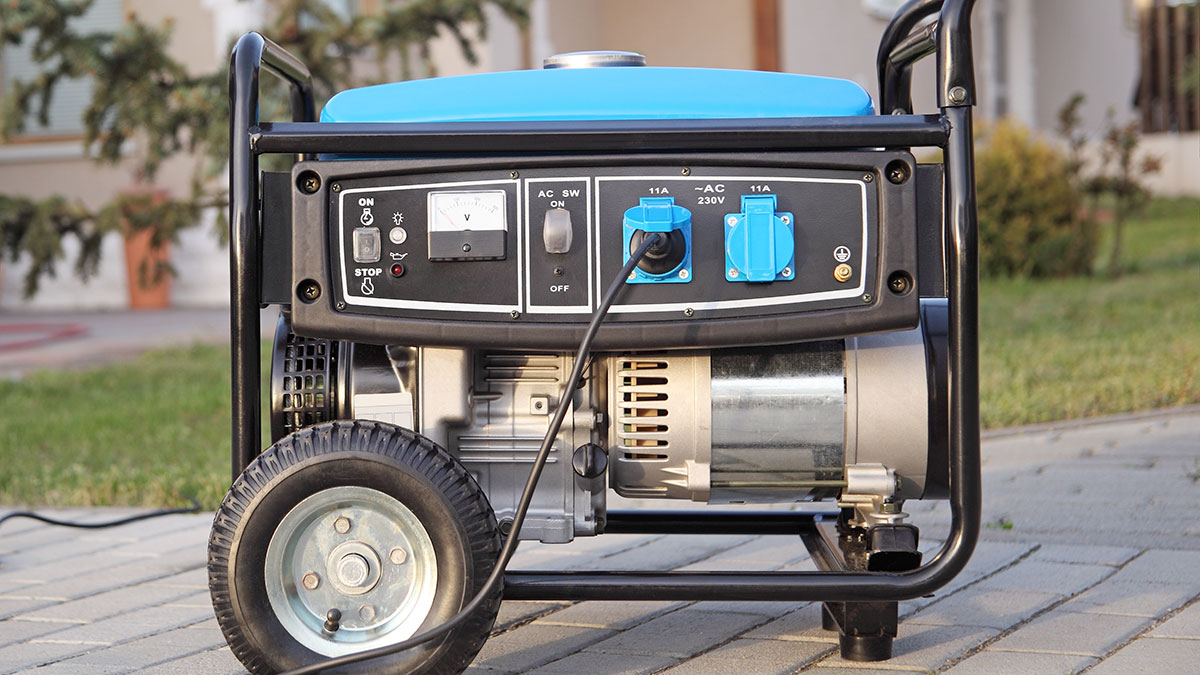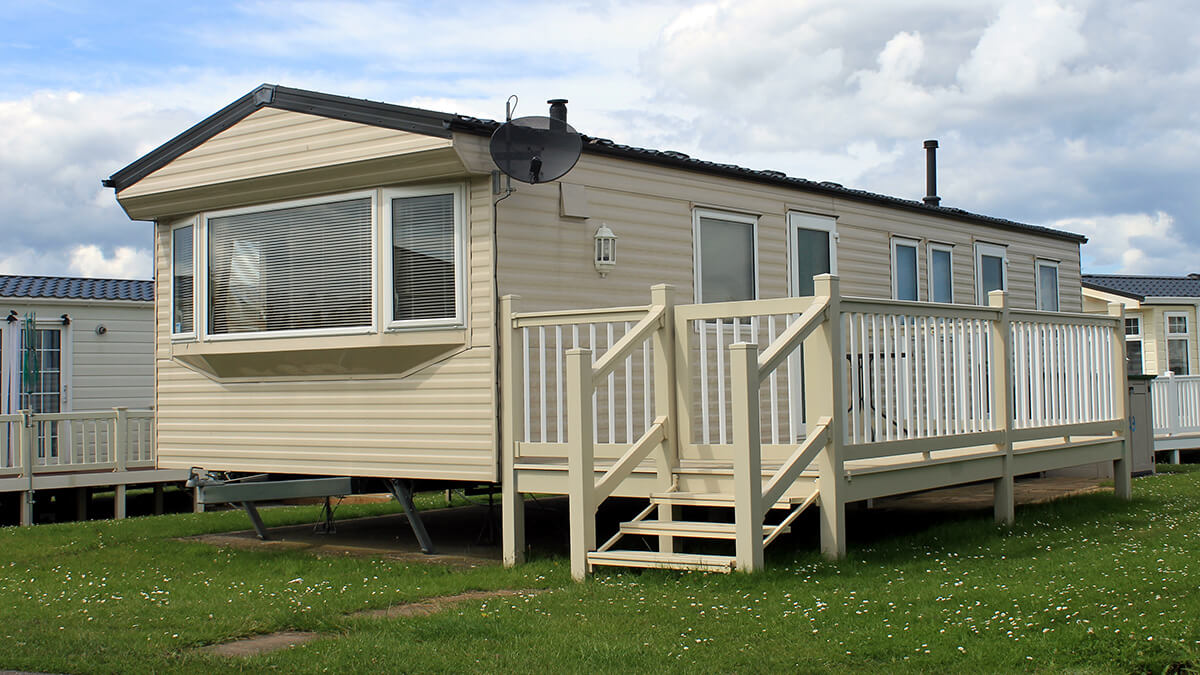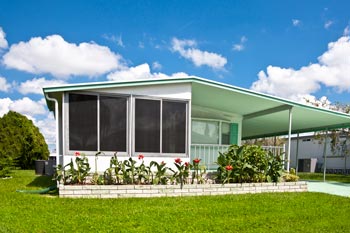Portable Generator Safety Tips

I'll start off by saying the obvious - losing power in your home is no fun. Whether it's due to a storm, a short circuit or a squirrel that decides to climb up on a power line and start chewing (this happened to me one summer), losing your electricity can happen any time of the year for an abundance of reasons. If you don't have any backup, you'll either have to stick it out until it turns back on, go stay in a hotel or temporarily move in with friends and family.
If you have a generator, it can definitely help your life go back to normal in the event of a power outage. However, because you rarely rely on them, it's easy to overlook some basic safety measures that go along with operating a generator. Whenever you use your generator or if you decide to invest in one, keep these tips in mind to avoid carbon monoxide poisoning and other serious issues that can happen with the misuse of generators.
- Be sure to buy the right generator for your home. If you have a relatively small furnace and use city water, you can most likely power your appliances with between 3,000 and 5,000 watts. If you're not sure how many watts you need, ask an electrician for assistance.
- While the generator is operating, make sure it's in a well-ventilated area. The machine gives off carbon monoxide, so you should never run it in a garage or your home.
- Always place the generator at least 20 feet away from your home.
- Avoid running a portable generator in the rain or in a damp area as it can pose an electrical risk. It should be sitting on a dry surface. If needed, you can buy a generator tent to cover yours.
- Never plug the generator directly into a wall outlet with an extension cord. This is called “backfeeding” and is very dangerous! Having a professional electrician install a power transfer switch will allow you to power your home and appliances without posing a safety risk.
- Don't overload the generator. Once it's up and running, turn on your lights and appliances one at a time. Prioritize your needs and only use what's important. Remember, it's only temporary!
- Before refueling, make sure it's turned off and had time to cool down.
- Keep children and pets away from the generator! It gets hot while it's running, and poses a burn risk.
If you own an older portable generator and want to reduce your risk of carbon monoxide even more, it might be time to invest in a new one. According to Consumer Reports, a handful of new portable generators provide a built-in sensor that activates an automatic shutoff if CO builds up to a dangerous level in an enclosed space. This may be your best option if you want to ensure a safe space for you and your family.


